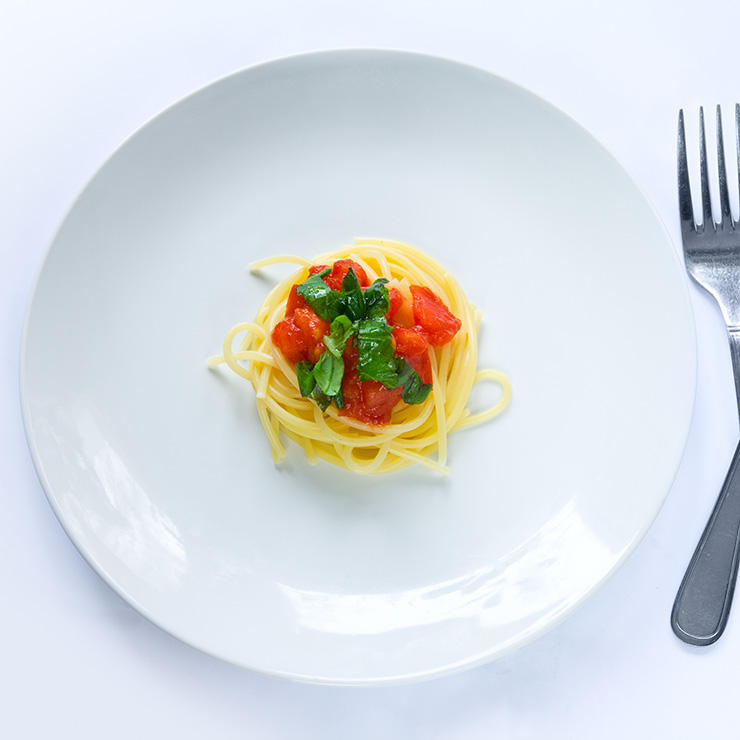Garcinia cambogia, which on its own is pretty darn delicious and healthy, is a tropical fruit grown in Indonesia. (It also goes by the name tamarind fruit.) According to Purdue University, it's rich in calcium, phosphorus, iron, thiamine, riboflavin, and niacin. All good things, right?
MORE: Diet Pills: The Pros and Cons of Appetite Suppressants
Well, here's where things get tricky: Its rind contains a compound called hydroxycitric acid (HCA), which proponents claim decreases appetite and prevents your body from storing food as fat. However, since garcinia cambogia extract diet pills are supplements, not drugs, the Food and Drug Administration doesn't regulate their use or review their effectiveness or safety unless, as was the case with OxyElite Pro, their use becomes linked to multiple hospitalizations, says medical weight-loss expert Sue Decotiis, MD. That means that it's up to manufacturers to decide how much garcinia cambogia their pills pack, as well as what other health-impacting ingredients are added to the mix.
MORE: Why You DEFINITELY Shouldn't Take Weight-Loss Pills
"Most brands of garcinia cambogia extract diet pills, including big names, have failed independent laboratory quality and quantity testing," says Decotiis. "Also, there have been no large-scale trials comparing garcinia to placeboes or other supplements. There probably will never be any objective data on garcinia."
What's more, a 2005 study in Food and Chemical Toxicology found that high doses of garcinia cambogia extract caused testicular atrophy and toxicity in mice. Even if you don't have testicles, that's sure to make you cringe.
Our advice? Ditch the fads and check out these five easy ways to lose weight fast—no pills required.
The article "The Dangers of Garcinia Cambogia Extract Diet Pills: What You Need to Know" originally ran on Womenshealthmag.com.
MORE: The Truth About the Corset Diet




